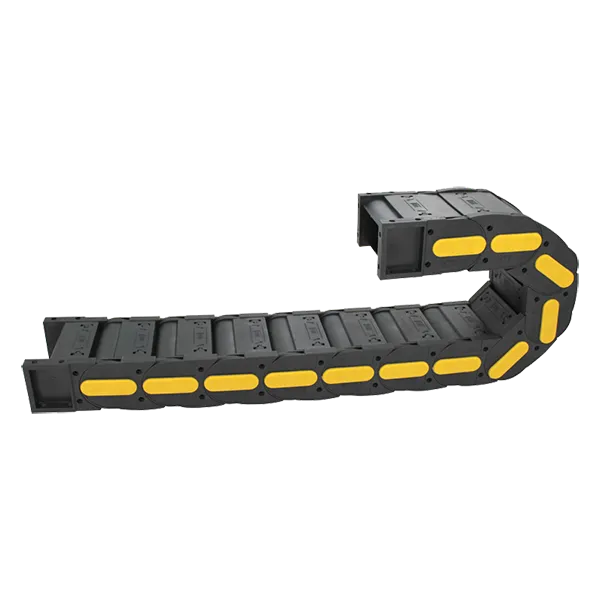protective bellows covers
Understanding Protective Bellows Covers Essential Components for Machinery and Equipment
In industries where machinery and equipment are subjected to rigorous use, protecting vital components from dust, debris, and foreign particles is crucial. One of the most effective solutions for safeguarding mechanical parts is the use of protective bellows covers. These flexible, robust coverings play a critical role in increasing the lifespan of equipment, enhancing operational efficiency, and reducing maintenance costs.
What are Protective Bellows Covers?
Protective bellows covers, often referred to simply as “bellows,” are flexible enclosures that are designed to protect moving parts of machines, such as guideways, spindles, and linear slides. Constructed from durable materials like rubber, neoprene, vinyl, or even metal, these covers adapt to various shapes and sizes while providing a shield against environmental contaminants.
The design of bellows allows them to expand and contract as machinery moves, ensuring that they remain securely in place while still offering maximum protection. Their versatility enables them to be used in numerous applications across diverse industries, from woodworking and manufacturing to robotics and aerospace.
Importance of Protective Bellows Covers
1. Contaminant Protection One of the primary purposes of bellows covers is to protect internal components from contaminants like dust, dirt, chips, and moisture. For instance, in a manufacturing environment, fine metal shavings can easily infiltrate sensitive parts, causing wear and potential failures. Bellows act as a barrier, preventing these materials from causing damage.
2. Reduction of Wear and Tear Machinery components often deal with continuous friction and movement, leading to wear over time. Protective bellows covers minimize direct exposure to these factors, significantly reducing the rate of wear and prolonging the life of mechanical parts.
3. Enhanced Safety In addition to protecting machinery, bellows covers also enhance operator safety. By enclosing moving parts, they mitigate the risk of accidents related to exposed components. This is particularly important in industrial settings where workers may be in close proximity to heavy machinery.
4. Cost Efficiency Investing in protective bellows covers can lead to substantial cost savings. By extending the lifespan of equipment and reducing maintenance needs, businesses can avoid the expenses associated with frequent repairs, replacements, and downtime. Ultimately, this leads to improved overall productivity.
Types of Protective Bellows Covers
Protective bellows covers come in various forms, tailored to specific applications and requirements. Some common types include
protective bellows covers

- Accordion Bellows These are commonly used in linear guideways and machine tools. Their design allows for a compact profile while providing excellent dust and liquid protection.
- Flat Bellows Ideal for applications where space is limited, flat bellows can protect sliding components in linear motion systems while maintaining a low profile
.- Round Bellows Typically used for rotary applications, round bellows provide protection for shafts and other cylindrical components.
- Custom Bellows Many manufacturers offer customizable bellows that can be tailored to specific dimensions and requirements, ensuring optimum fit and protection for unique machinery setups.
Choosing the Right Bellows Covers
When selecting protective bellows covers, several factors must be considered
1. Material The choice of material should align with the operating environment and the specific contaminants being shielded against. For example, high-temperature environments may require silicone or specialized rubber blends.
2. Size and Fit Proper sizing is essential for effective protection. Bellows that are too loose may allow contaminants to enter, while those that are too tight may impede movement.
3. Durability Assess the expected wear and lifespan of the bellows, taking into account the operational intensity and environmental conditions.
4. Installation Requirements Consider how easy it is to install and replace the bellows covers. Convenience can significantly affect maintenance efficiency.
Conclusion
Protective bellows covers are indispensable in many industrial applications, providing essential protection to machinery and improving operational efficiency. By selecting the right type of bellows for specific needs, businesses can safeguard their equipment, enhance safety, and ensure seamless operations. As technology advances, the development of even more innovative and durable bellows covers promises to further extend the capabilities and lifespan of our most critical machines.








